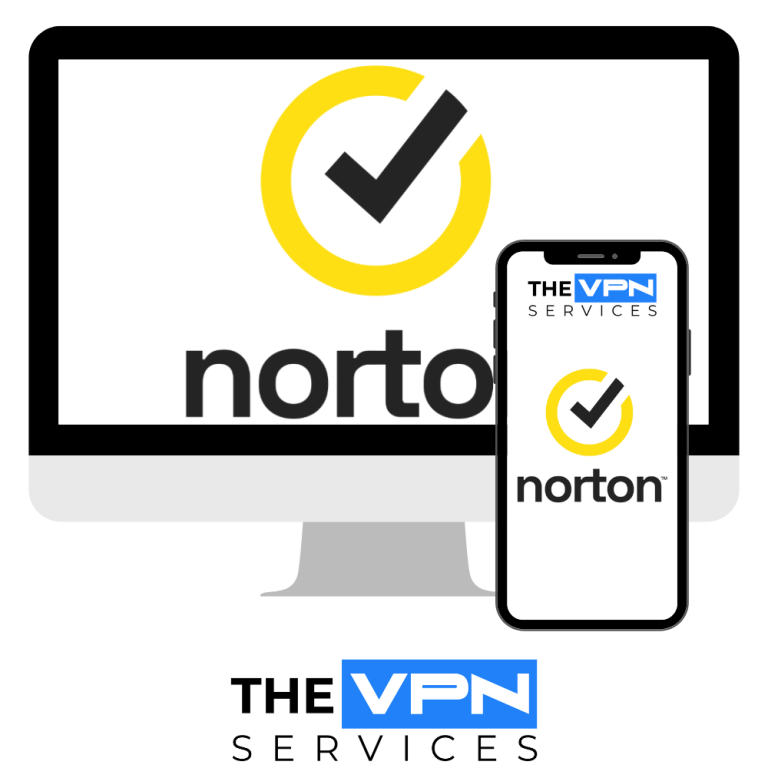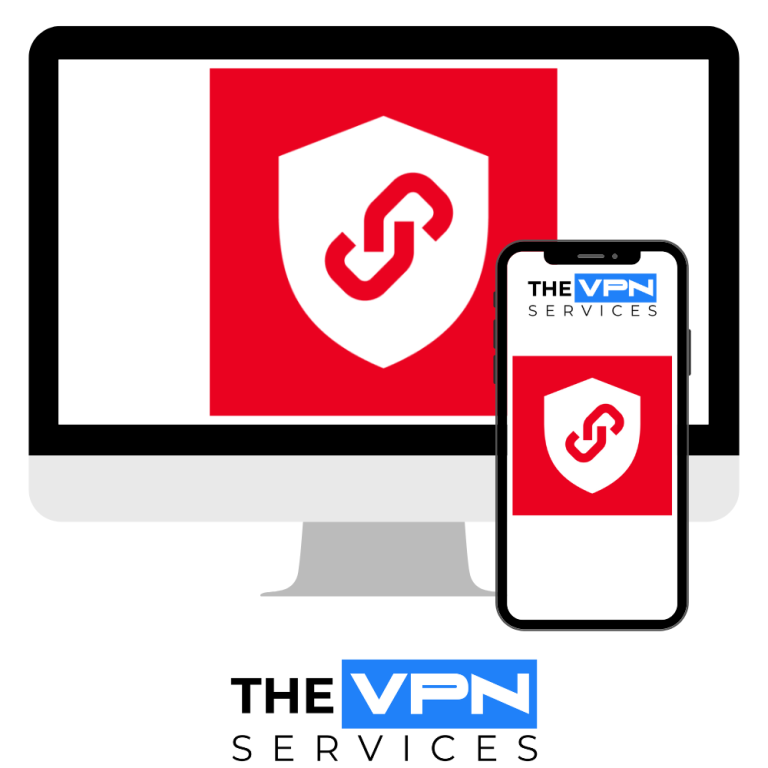THE VPN SERVICES
Frequently asked questions

A Virtual Private Network (VPN) is a service that encrypts your internet connection and masks your IP address, providing privacy and security while browsing the web.
A VPN routes your internet traffic through a secure server, encrypting the data and hiding your IP address. This makes it nearly impossible for hackers, ISPs, or other entities to track your online activities.
You should use a VPN to protect your personal information, ensure online privacy, access restricted content, and stay safe when using public Wi-Fi. hackers, ISPs, or other entities to track your online activities.
In most countries, VPNs are legal. However, some countries like China and Russia have strict regulations. Always check local laws before using a VPN.
A VPN can slightly reduce internet speed due to encryption and rerouting, but premium VPN providers minimize this impact by using high-speed servers.
Yes, most VPN services are compatible with a wide range of devices, including computers, smartphones, tablets, and even smart TVs or routers.
Free VPNs often have limited features and may log your data or show ads. For better security and reliability, consider using a paid VPN service.
A no-log policy means that the VPN provider does not store any information about your online activities, ensuring your privacy.
Yes, a VPN allows you to bypass geographic restrictions by connecting to servers in different countries, enabling access to content like streaming services or websites.
Setting up a VPN is simple: download and install the VPN app on your device, choose a server location, and activate the VPN connection. Most services provide step-by-step instructions.


